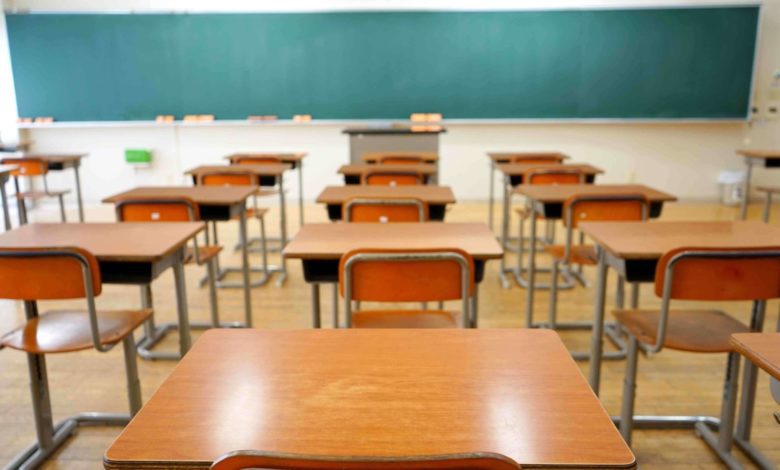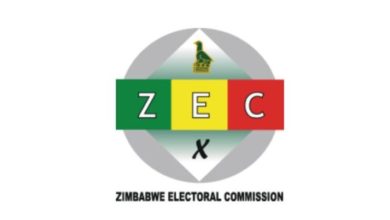Poverty and disability hinder children’s access to education, UNICEF highlights

The United Nations Children’s Fund (UNICEF) has identified poverty and disability as significant barriers to primary school enrollment for children.
This finding was made in a statement issued by UNICEF to commemorate World Children’s Day, held annually on November 20th under the theme “For every child, every right.”
UNICEF highlighted the lack of appropriate skills and resources among schools and teachers to cater to the needs of children with disabilities. This year’s commemorations in Zimbabwe took place at Malala Primary School in Beitbridge, emphasizing the right of every child to quality education.
“Poverty and disabilities are among the main triggers for children at primary school not to be in school. Children with disabilities are often deprived of their right to and in education as schools and teachers are lacking the resources, trainings, and skills to ensure inclusive education. It is estimated that only 10% of children with disabilities are today in school,” the statement read.
“To tackle poverty, the Government of Zimbabwe, UNICEF, and partners are rolling out a cash transfer programme aimed at reducing the vulnerability of households and guaranteeing access to good nutrition and education for their children. The programme is also implemented in Beitbridge. Celebrating this World Children’s Day in the border city of Beitbridge is symbolic. As the right to education has no borders, and that all children – without any discrimination – should be ensured their right to education, including children on the move.”
UNICEF acknowledged Zimbabwe’s commitment to protecting and promoting children’s rights by joining the Convention on the Rights of the Child in 1990 as one of the first countries.
“In 2013, the newly drafted Constitution included a unique component, a Children’s Bill of Rights, ensuring that children’s rights were a fundamental part of the guiding principles of Zimbabwe. Since then, the Country has adopted several legal instruments to further promote the rights of children, protect children from any harm and abuse and ensure children can express their opinion, including through the Child Parliament and the network of Junior Councilors,” the statement read.
“This year’s celebration of World Children’s Day in Zimbabwe focused on inclusive education. Ahead of the commemoration, a consultation with children was organized. Participating children called education the most important right. Most children highlighted they like their school and said they are eager to participate more in the organisation of their schooling environment.
“Zimbabwe has a high net enrollment ratio in primary school. Nine out of ten children of primary school age are in school. The Government of Zimbabwe is working closely with UNICEF and partners, including the Global Partnership for Education and the Government of the United Kingdom, to address the education challenges in Zimbabwe and promote equitable access to education for all.”






